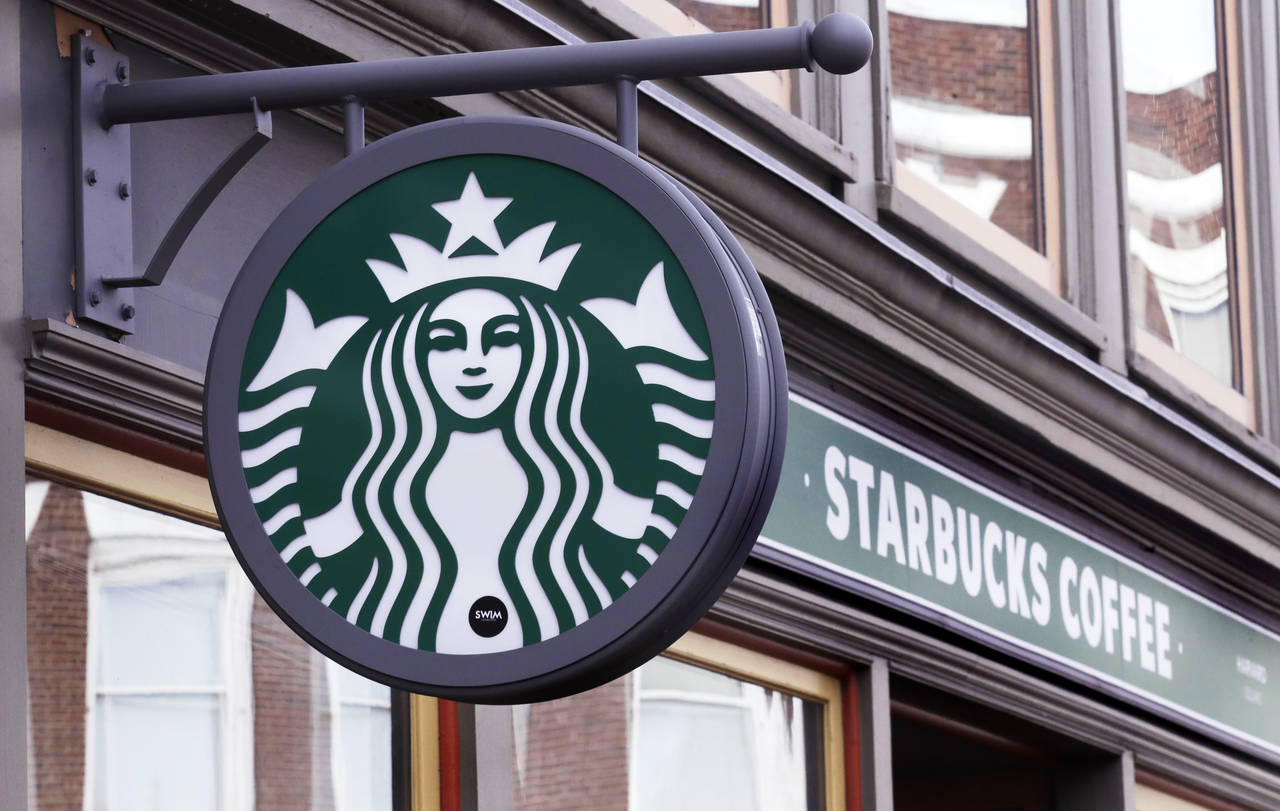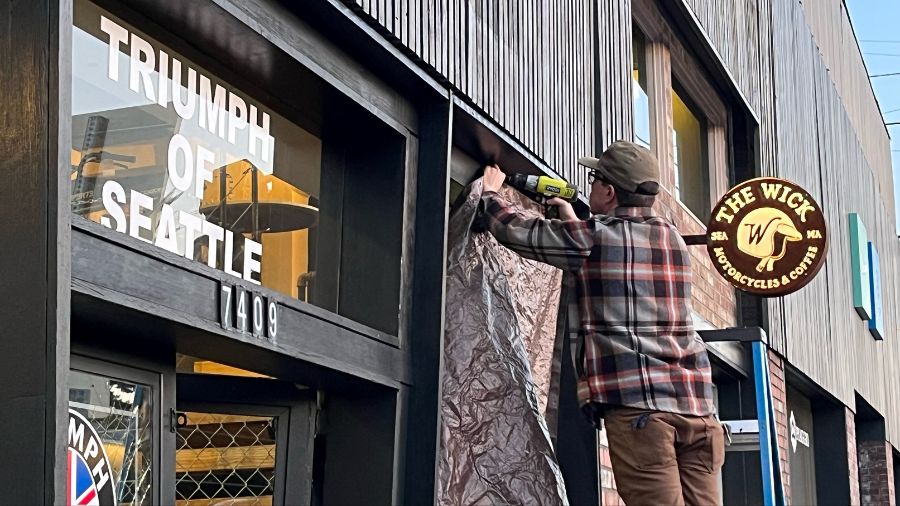Seattle head tax 101: What to know about the tax
May 9, 2018, 2:17 PM | Updated: May 20, 2019, 5:16 pm

Groups for and against Seattle's head tax rally at Seattle City Hall May 9, 2018. (Matt Pitman, KIRO Radio)
(Matt Pitman, KIRO Radio)
The Seattle City Council approved a head tax on the city’s largest companies on May 14, 2018. Less than a month later, the council repealed it on June 12, 2018. It can be difficult to get down to the basics between rallies, city council meetings, antics, and tension over the controversial Seattle head tax. Here’s what you need to know.
RELATED: Seattle proposes progressive business tax
Seattle Head Tax
The tax approved by the council in May was a modified version of the original proposal, taking in less tax revenue. The Seattle head tax is an employee hours tax — a charge per hour, per employee.
- More than 500 businesses would be subject to the tax, which is about 3 percent of the city’s companies. It would apply to companies making more than $20 million annually in gross receipts.
- Businesses would be taxed roughly $275 per employee/ year.
- The head tax will sunset in 2023. It could be renewed by the council at that time.
- The tax is expected to raise $47 million annually.
- The head tax could be implemented as soon as 2019.
View the Seattle head tax legislation here.
See a timeline of the head tax proposal here.
After it passed, Seattle residents organized a repeal campaign. The No Tax on Jobs Coalition gathered signatures to support a referendum on the November ballot. It would put the decision of a repeal to Seattle voters. They reported getting 40,000 signatures ahead of their deadline.
Council members said that the opposition to the head tax was too strong and had unlimited resources. They accused opposition of spreading misinformation about the homelessness and affordability crises. The council said that it did not have resources to put toward a fight to get the correct information out there and encourage voters to uphold the head tax. This led to a repeal of the tax on June 12, 2018 with a 7-2 vote.
Mayor signs tax into law
About two days after the council approved the head tax ordinance, Seattle Mayor Jenny Durkan signed it into law, allowing the city to begin the rule-making process before the tax is implemented on Jan. 1, 2019.
“We must make urgent progress on our affordability and homelessness crisis. Looking ahead, I am focused on acting to move people off the street and into safer places, to clean up the garbage and needles that are in our parks and in our communities, and to provide resources to those people experiencing homelessness, including job training, behavioral health services, and other supportive services,” said Mayor Durkan. “I’ve heard Seattle loud and clear: they want basic services delivered and are concerned whether the City of Seattle is using their money wisely, efficiently, and responsibly. As part of the budget process, I will remain focused on accountability and transparency for every department and on how this new revenue is going to be used towards homelessness services and new affordable housing.
“I fundamentally believe that we must continue to come together to listen to one another to address these significant challenges. I understand there are very strong passions and genuine policy differences between neighbors, businesses, community leaders and people across our City on how to best address this crisis, but I know we can be a City that continues to invent the future and come together to build a more affordable, inclusive, and just future for all who call this great City home,” Durkan added.
Head tax repeal
An effort to repeal the head tax began shortly after it was passed. The No Tax on Jobs Coalition gathered signatures for a referendum throughout May and the first half of June. They reportedly obtained more than 20,000 signatures — more than the required minimum to appear on the November ballot.
On June 11, 2018 — a day before the No Tax on Jobs Coalition was expected to turn in their signatures — Council President Bruce Harrell announced a special meeting on June 12, 2018 to repeal the head tax. He proposed a bill for the repeal. Mayor Jenny Durkan and seven council members released a statement in support of the meeting and repeal bill. Councilmembers Teresa Mosqueda and Kshama Sawant did not support the meeting or the repeal bill.
The bill argued that the repeal effort may go to the ballot and Seattle would be charged by the county auditor for associated costs.
Reason for the tax and what it will fund
The City of Seattle wants to increase funding for homelessness services and programs for affordable housing as the crises grow. Council members argue that the city needs more funding to do this. The original proposal claimed that the head tax would raise $75 million annually to put towards building affordable housing and homeless services. At the $50 million that was approved, the council will have to discuss how to spend that lower amount.
The original $75 million was proposed to fund:
- 75 percent (about $57 million) would fund the construction of 1,780 “deeply affordable housing units” over the next five years.
- Affordable housing would be targeted at residents earning 30 percent of the area’s median income.
- 20 percent would fund emergency shelter and other services such as building tiny homes, expanding hygiene services, expanding criminal justice diversion programs, services for people living in cars, and adding 362 shelter beds.
The area needs more than 140,000 affordable units, with only about 15,000 offered or are currently being built.
Controversy: Tax Amazon
Proponents of the tax argue that Seattle’s large companies should pay to alleviate housing and homeless crises they helped to create.
The current economic boom, largely fueled by tech companies like Amazon, has drawn highly-paid employees to the region. This has caused rents and housing prices to dramatically rise. There are more people in Seattle requiring a place to live, and the housing inventory is limited. Tech employees can more likely afford rent and landlords have noticed.
RELATED: Seattle residents leaving for Boise to escape skyrocketing rents
The loudest voices in support of the tax have been Councilmembers Mike O’Brien and Kshama Sawant. Sawant led “Tax Amazon” rallies at Seattle City Hall and in front of the Amazon spheres in the South Lake Union neighborhood. She has said that Amazon and its CEO, Jeff Bezos, are bullies who threaten the city.
Sawant wanted to take in $150 million annually from the large companies.
Controversy: Businesses will leave
Many large Seattle companies oppose the tax proposal. Some unions also opposed it while the council was debating the legislation. Companies argued that it will hurt jobs and force them to expand outside of Seattle to avoid the tax and save money. Some union workers worried that they would lose construction jobs if businesses move out.
Real estate company Zillow said it would likely place new jobs at its offices outside of Seattle. A letter was also signed by 130 local CEOs in opposition to the tax, including Expedia’s Mark Okerstrom. Expedia is planning to move from Bellevue to Seattle in coming years.
And Amazon halted construction on its expanding headquarters in South Lake Union (prompting unions to protest the head tax as their jobs are tied up in the project). The company says it may sublease some of its office space in town. At the same time, the online retailer moved thousands of jobs into Vancouver BC and Boston. Amazon has said that the Seattle head tax is the reason it is halting the expansion.













